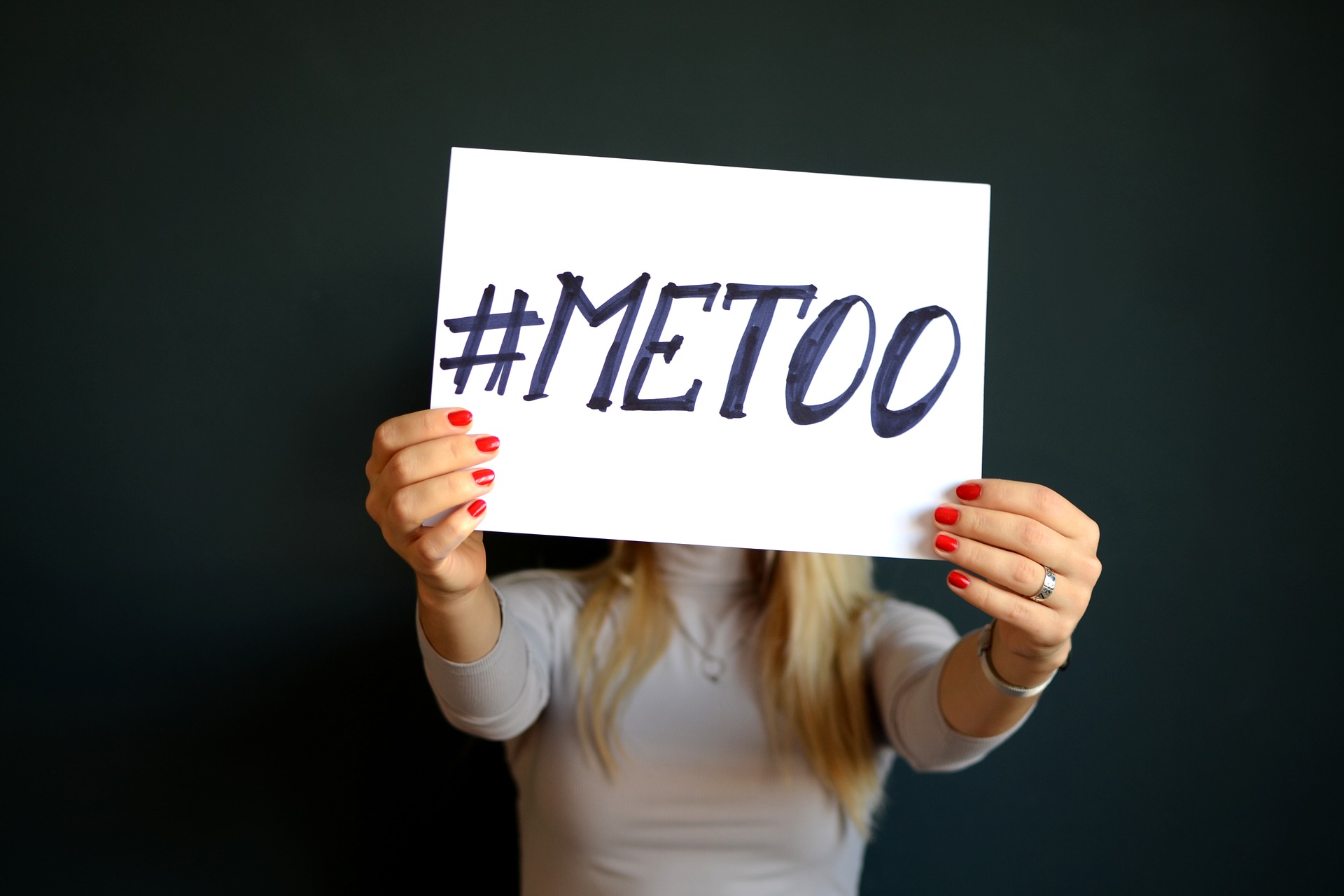Touching and intimidation… It did not lead to a formal complaint at the University of Amsterdam. Can institutions of higher education take action in such cases?
“Lawyers will be quick to say ‘anyone can make up stories’.” (Photo: Mihai Surdu / Pixabay)
Last weekend, the Dutch newspaper NRC contained an article on a lecturer on a minor Master’s programme at UvA who had demonstrated unacceptable behaviour for years: from unwanted touching and preferential treatment to nasty remarks. But no-one submitted a formal complaint. The students did not dare, out of fear of harming their career. Then there is little we can do, was the initial defence from the university. The lecturer was spoken to regarding his behaviour and an investigation was initiated, but he was allowed to continue teaching.
Now he has been suspended from his teaching duties (he can only supervise theses) and the university has announced a new investigation. “A culture change is needed,” writes the Executive Board in a statement.
Complicated
But what about the legal position? Can the university take action without a complaint? It is complicated indeed, says Willem Bouwens, professor of employment law at Vrije Universiteit Amsterdam. “Law is based to a large extent on evidence,” he says. In other words, if the university takes steps against the lecturer and it results in legal proceedings, then the employer must make sure there is “sufficient plausibility” of wrongdoing.
Universities can simply launch an investigation
“If people do not dare log a complaint, then it is indeed possible that someone can escape punishment,” says Bouwens. “The judge will not be easily satisfied by ‘we hear all kinds of stories’. The misconduct must be shown to be plausible. You could use the testimony of colleagues, but you need something.”
Manoeuvring
“Lawyers will be quick to say ‘anyone can make up stories’,” responds Willeke Bezemer of the Bezemer & Schubad practice. She performed an earlier investigation on behalf of UvA into a professor of employment law who was forced to resign two years ago following misconduct, and knows these types of cases well. “You have to do an enormous amount of manoeuvring because the law also protects the employee. You can investigate, but eventually someone has to come forward and say ‘this is what that person has done’.”
And the dependency relationship? She recalls a case in a small religious community. The children went to a primary school where the teacher behaved improperly. However, even in that case, the judge refused to allow anonymous witnesses. “I was shocked. Those children were twelve years old. But the judge believed everyone is entitled to offer a defence.”
In flames
Stefan Sagel, professor of employment law, sees more opportunities. He thinks that judges should definitely rule more strictly in #metoo cases. There is absolutely no need for a formal complaint in order to act in these kinds of cases, in his opinion.
“If you see clouds of smoke coming from your house, what do you do? To be on the safe side, you call the fire brigade to check if there is a fire. You don’t have to wait until your roof is in flames,” he says. If there are stories of unacceptable behaviour, he argues, then educational institutions can simply launch an investigation. “In fact, they have a duty of care to their students and employees. They should be able to study and work in a safe environment. Therefore, universities must investigate such cases.”
That’s where it starts, he says. Whatever the outcome, you can start by checking the facts. Whether that results in a dismissal is another matter. “Regardless, you cannot say ‘there is no formal complaint, so we cannot do anything’.”
HOP, Bas Belleman
Translation: Taalcentrum-VU
Do you have a question or comment about this article?
m.vanderveldt@tudelft.nl


Comments are closed.